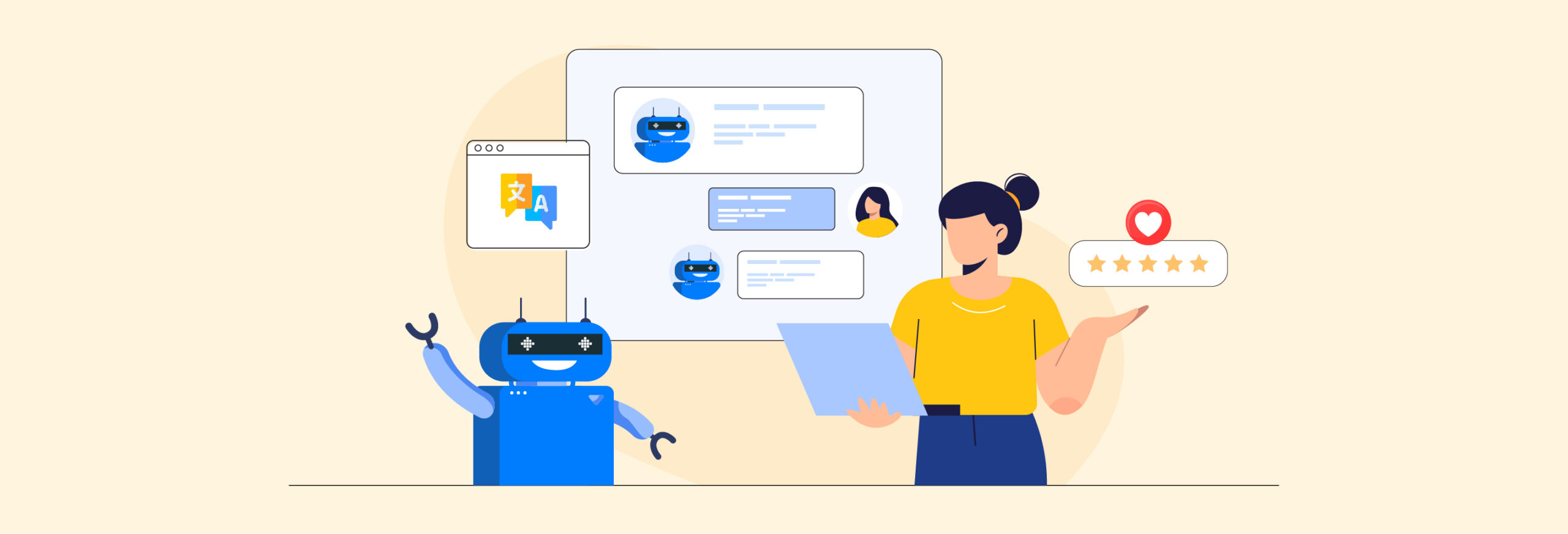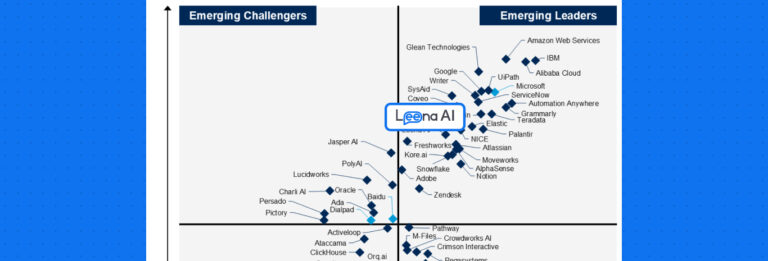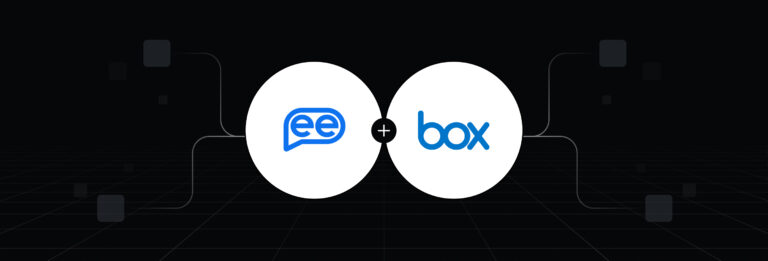As an organization, you collect and store heaps of information – from your employee details to policies and processes across various operations and enterprise functions.
While documentation is crucial for everything in any organization, managing it with care is even more critical. Otherwise, this heavy database can soon become disorderly and turn into a liability instead of an asset that you may want to refer to when required.
Keeping information systematic and accessible is the key to leveraging data successfully. HR knowledge management helps manage colossal amounts of data and add value to the business.
What is an HR knowledge base?
An HR knowledge base is analogous to an information bank. It stores information about company employees, code of conduct, benefits guide, policy information, training and development, and everything around those lines.
An HR knowledge base is much more than an online employee handbook. It makes all intra-organization processes efficient and simple. It provides benefits to enterprises such as cost reduction, better decision-making, and no data duplication, to name a few.
As the organization grows, the knowledge base expands and requires better management. Else, it can turn into a useless pile of documents where you may not find anything, thus, nullifying its very purpose. To overcome such issues, enterprises should utilize HR knowledge management.
What is knowledge management in HR?
HR knowledge management is the applied concept of centralizing all HR documents, policies, information, and knowledge. This practice makes access and updating information easy for anyone in the company, irrespective of their location.
This central repository facilitates document management by automating the collection, categorization, and organization of employee records across all the stages of the employee journey.
It reduces the chance of getting outdated information or misinformation. Moreover, it decreases the workload for the HR team while also making them as efficient as possible.
Why is HR knowledge management critical for an organization’s success?
There are countless benefits to remaining organized as a business on all fronts. But from an HR perspective, here are the most beneficial results of better knowledge management.

Improves the onboarding experiences of new employees
The employee onboarding process involves introducing a new hire to the people, procedures, and organization’s culture.
Studies show that employees with a negative onboarding experience are more likely to look for opportunities elsewhere within just six months of joining. According to a report, inefficiencies in onboarding processes cost businesses a whopping £200 million a year in the UK.
While the HRs put in their best efforts to make the onboarding experience memorable for the employees, they also have to take care of the joining formalities and countless employee queries.
An intelligent HR knowledge management solution takes the load off the HRs by automatically responding to all the repetitive yet meaningful queries. It makes adding new information or updating existing information so much easier. Employees can also access it at any time.
Eliminates the creation of redundant data and saves time
A centralized repository like an HR knowledge base can help you avoid wasting valuable time and resources spent otherwise in collecting and storing redundant data. A well-organized HR knowledge management makes it easy for HR teams to know what exists and what they need to work on.
Reduces the possibilities of errors
An HR knowledge management solution reduces the chances of mistakes by a large share. It is a simple, effective, and streamlined system to improve your company’s performance with reduced errors.
Your system will have up-to-date information, policies, and documents available for access through a self portal by all your employees. It significantly lowers the probability of sending out incorrect notices to your employees.
Helps make informed decisions
An HR knowledge base is not just a database. It is much more than that.
Data gives you the power to understand and analyze how your organization has been performing in a better way. Your HR teams have visibility on the type and number of queries raised, employee feedback analysis, and many other insights, including the company’s potential risk to making strategic decisions. Moreover, it provides easy access to this data and lets HR teams plan future updates more efficiently.
Standardizes processes easily
When employees access the HR knowledge management solution to get answers to their queries, it acts as a standard process for all employees.
This system ensures that everyone in the company receives the same experience. It also ensures that the same message is delivered to all employees without confusion. For instance, the risk of different employees getting different answers to the same question is significantly lower when using an HR knowledge management solution. It helps reduce miscommunications within the organization and increases time efficiency. It also helps build a healthy work culture in the organization.
Enhances your employees’ experiences
Your employees are the biggest asset to your company. Just hiring the best talent is never enough: how you keep them engaged in their roles and driven towards accomplishing bigger things within the organization is of utmost importance as well.
With an HR knowledge base, your employees can quickly and easily find answers without waiting for a reply from the HR team. It helps improve the productivity of not just employees but also of the organization at large.
This simple integration helps organizations improve employees’ experience and boost their morale.
How does AI help in HR knowledge management?

Artificial intelligence is rapidly changing the HR ecosystem, making it simpler to manage, efficient to work on, and easy to keep up with. Some of the most common use cases of AI in HR knowledge management solutions are as follows (but not limited to):
Automates frequently asked questions (FAQs)
Policy documents are massive and difficult to understand. Automatically create a knowledge base of frequently asked questions and popular articles from the employee handbook using AI in your HR management system.
Identifies and addresses multiple utterances in one go
Employee queries could be complex. How an individual comprehends and refers to things is different. They can ask the same question in multiple ways. AI creates multiple utterances for all employee queries and gives human-like responses via personalization as one of its core features.
Provides the relevant information to the right person
HR knowledge management solution allows employees to search and access the required information without HRs’ assistance.
However, not all employees require access to all the available information. It means even the response to the same query may differ for employees in different locations or designations. Role-based access becomes a necessity in such scenarios.
It also makes the HR knowledge management portal user-friendly. It helps them quickly surf and gather exactly the information they need. With AI-powered HR knowledge management solutions, you can simply provide the relevant information to the right employee based on user attributes.
Role-based access controls and customized permissions reduce the possibility of finding incorrect information.
Possesses the ability to localize information
You must offer employee services in all the languages your employees speak.
Without AI, one would have to sit and translate all the information into different languages. It is prone to errors and is impossible as your organization grows.
AI automatically translates the entire knowledge base in all your preferred languages seamlessly.
Makes it easy to take employee feedback
You can build a process with AI that captures employee feedback after every interaction. It can help you improve your HR knowledge base as well.
You can send timely notifications/reminders to ask employees to provide feedback on the functionality and ease of use of an AI-driven HR knowledge management solution. It allows HRs to update and edit the knowledge base using digital workflows.
Ensures easy management and updates
As the company grows, the management of documents becomes even more challenging. Therefore, you need a system that makes things simpler for HRs.
Using the power of artificial intelligence, you can automatically update answers for unique employee queries using comments and conversational AI. You can continuously make your HR knowledge base better using user experience data.
Finding the right HR knowledge management solution
Just implementing the concept of HR knowledge management is not going to be enough. Making the most of the right HR knowledge management solution matters as well.
While you find the right solution for your company, remember that your organizational needs are different. So, what worked for others may not work for you. Take your time understanding what your requirements are, what you want to simplify with the help of an HR knowledge management solution, who will be making use of it, and how frequently you will access it.
Also, understand that knowledge management software eliminates siloed work; it should ideally help you tackle other processes as well, like case management, employee onboarding, or conducting surveys.
Look for a solution that lets you do it all from one dashboard.
Leena AI offers a suite of applications that automates HR service delivery and amplifies the overall employee experience. Enhance your entire employee experience with Leena AI.






